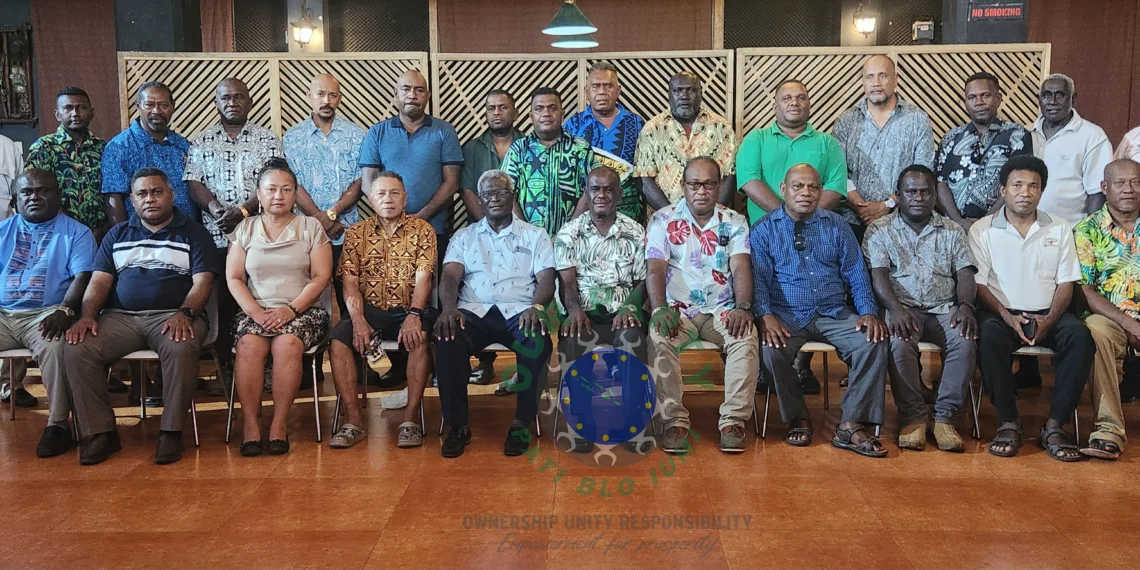THE ruling Government’s National Unity and Transformation (GNUT’s) first 100 days in Office has ended in the business-as-usual (BAU), with no apparent achievements in the Coalition’s policy
The first 100-day lapsed last Wednesday – 18th September.
Instead of much-needed improvement expected in all government sectors, there was little or no improvement at all.
Services provided by the health sector for example, which includes the Ministry of Health and Medical Services and the National Referral Hospital (NRH) continues to deteriorate.
According to sources, doctors including specialists at the National Referral Hospital have been put on half pay because their contracts have not been renewed. That has severely impacted on the services provided by the NRH – the government’s only
hospital.
Both In-and-Outpatients continue to lie on the floor at the Hospital’s emergency Ward. This has now spread to other wards.
A young mother recently gave birth whose baby’s umbilical cord could not be cut after birth because the hospital does not have the instrument to do so.
“It’s a ticking time bomb in terms of an outbreak of a deadly disease,” one individual said after seeing the uncut umbilical cord which has made it to the social media.
At the same time, the hospital’s pharmacy is empty of basic drugs such as Panadol and malaria tablets. Patients have to buy from private pharmacies and shops.
In recent weeks, outpatients have been advised to bring their own gauge or bandage because the hospital has run out.
The acute shortage of medicine has been attributed to alleged theft from the Government’s Drugstore. These drugs are then sold to local pharmacies as well as shops.
The allegations are based on the belief that the government has an international supply chain, which include Australia, China and India. For the shortage of medicines in our hospital is unacceptable.
But the problem is not confined to just the health sector.
Solomon Water and Our Telekom are not in a better shape either despite the fact they carry the essential services status.
According to one report, Solomon Water is going through a hard time because of non-payment of the use of the Kongulai water source in west Honiara.
According to this report, Kongulai landowners are said to be owed up to $4million in rentals.
In the case of Our Telekom, its focus is now on M-Seleni which may not fall within its prescribed activities.
Utilities such as water, electricity, health, hospital and telecommunications among others, are classified as essential services under Section 7(a) Cap12 of the Essential Services Act.
By Alfred Sasako





